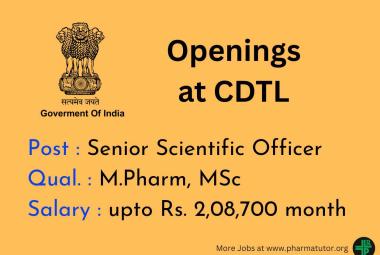Just a few days before Trump took his oath, he said the pharmaceutical industry getting away with murder in the way it sells medicine, and he promised to take the industry. It was a promise he made several times on the election campaign.
Pharmaceutical companies could be forgiven if they are confused about whether President Trump thinks the government should get involved in negotiating the price of prescription drugs for Medicare patients.
But last week, Trump appeared to walk that vow back when he met with the leaders of several giant pharmaceutical companies at the White House.
When asked during his daily news briefing whether the president is in favor of having Medicare negotiate lower prices for prescription medicine, Spicer said: "He's for it, yes. Absolutely."
"We're the largest buyer of drugs in the world and yet we don't bid properly," he said at a news conference in early January. "We're going to start bidding and we're going to save billions of dollars over a period of time."
"I'll oppose anything that makes it harder for smaller, younger companies to take the risk of bringing a product to a vibrantly competitive market," he said, sitting around a table in the Roosevelt Room, flanked by leaders of five large drugmakers. "That includes price fixing by the biggest dog in the market Medicare which is what's happening."
"So his commitment is to make sure that he does what he can," Spicer said, "and, I think rather successfully, use his skills as a businessman to drive them down."
The Medicare prescription drug program was created in 2003; the program's drug coverage is handled exclusively by Private insurance company. There is no direct government pharmacy coverage. Current U.S. law prohibits Medicare officials from interfering in the negotiations between drugmakers and the insurance companies that administer Medicare's prescription drug plans.
Medicare accounts for about 29 percent of all spending on prescription medicines in the U.S. each year. So, would bringing Medicare's huge purchasing power to bear in talks over prescription drug prices actually reduce those prices?
The only government report that looks at the issue is a 2007 Congressional Budget Office study that concluded that it would have a "negligible effect" on prices.
Dr. Wallid Gelad, director of the Center for Pharmaceutical Policy and Prescribing at the University of Pittsburgh, disagrees."There's a reason why the pharmaceutical industry does not want Medicare negotiation to happen," Gellad told NPR. "And the obvious reason is because it will lower prices." Gellad said the CBO report doesn't take into account the ability the government would have to say no to some particularly high-priced medicines.
"If Medicare were to get the same prices for drugs as in the VA you'd have billions, tens of billions of dollars of savings," Gellad told NPR.
<< Back to Pharma News
Subscribe to PharmaTutor News Alerts by Email










